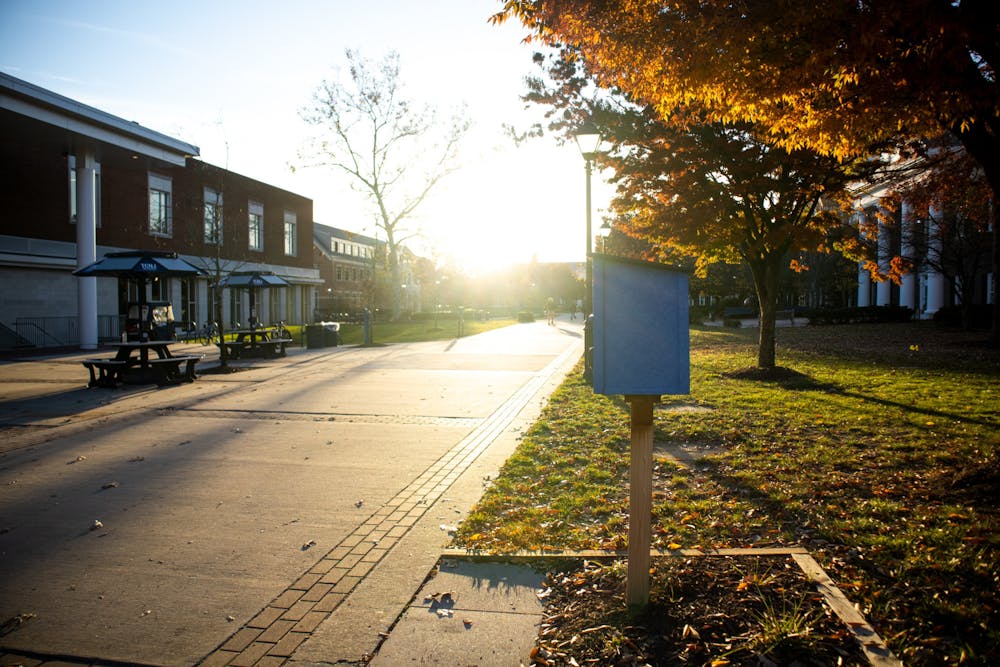By Kate Zydor
Opinions Editor
Over the past decade, declining mental health among college students has become a hot-button issue, but one that has no clear solution. There are many explanations for this phenomenon that we’re seeing among today’s youth ranging from social media to academic pressure to the never-ending stream of domestic and global conflicts. Whether we care to admit it or not, our minds are often fragile and susceptible to external influences.
With the rise of social media has come the pressure to fit in and achieve a standard of perfection that is entirely unattainable. As we mindlessly scroll through other people’s feeds, we convince ourselves that we don’t look good enough or have enough friends, our lives are boring and we’re missing out on fun experiences. Alongside this, the obligation we feel to make ourselves accessible to others 24/7 is mentally draining and leaves us with no time to reset and recharge.
On top of micro-managing our social lives, we as students must also adhere to our academic responsibilities. There are only so many hours in the day and we spend a large portion of them in classes or doing assignments, and I’m not even accounting for our extracurriculars.
Now, we take all this pressure and responsibility and add feelings of worry stemming from our world's ever-changing and rocky state. In the past, there wasn’t around-the-clock news coverage that constantly details tragedy after tragedy like there is now. It’s no wonder that college students are facing high levels of anxiety and depression.
The current state of college student's mental health has reached a boiling point and now can be considered a crisis. But, despite the impact of these factors on the well-being of college students, there is a notion that these issues were virtually nonexistent before our time. This is simply not the case. It has always existed; however, our generation is more in tune with the importance of mental health than those of the past.
Each generation has faced its own set of struggles, many of which are similar to our own. What makes past college students’ experiences different is the acknowledgment, or lack thereof, of their mental health challenges.
At the College, we have gotten so used to having resources like CAPS that we fail to realize that there was a time when such resources were deemed unnecessary. Based on conversations I’ve had with family members and other adults, students of the past were expected to push through times of mental distress and put their feelings on the backburner to focus on their academic and social priorities. In a sense, these feelings of anxiety and depression were seen as simply just a part of the college experience.
Aside from this, a mentality upheld by many members of past generations is that reaching out for mental health aid renders a person weak. This is not to say that these individuals are insensitive. They just grew up in a culture that viewed mental health challenges as something to be ashamed of.
As students move from high school to college, they jump from a relatively low-stakes environment to one that is associated with a great deal of responsibility and is designed to prepare them for the rest of their lives. Although this transition may look different for us as members of Gen Z, it is nonetheless a transition that all students have experienced.
Poor mental health among college students is not a new societal problem; we are just more aware of its true nature and prevalence. By removing the stigma surrounding mental health and encouraging young people to seek help, we as a generation are making impactful strides toward normalizing a culture that allows people who are struggling to speak freely about their experiences.
Despite this, the acknowledgment and acceptance of this issue are great, but it’s not enough. The solution to this problem is multifaceted and must be tackled by a wide range of perspectives. It stands to reason that new, innovative solutions must be formulated and implemented to combat these challenges that impact countless students.







